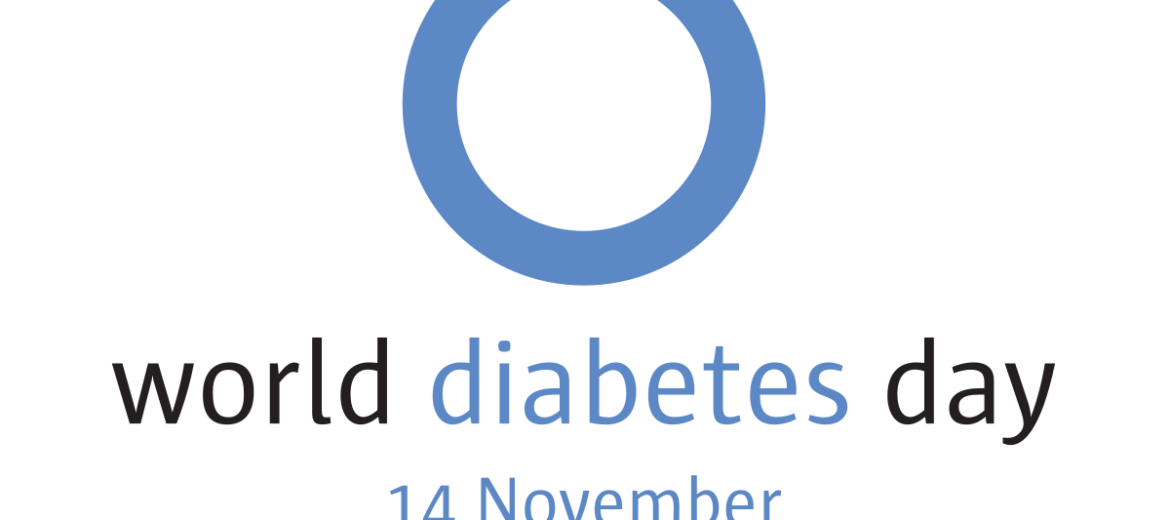Since 1991 every year on November 14th World Diabetes Day is observed. First created by the International Diabetes Foundation and the World Health Organization and is now observed by a large number of public and private health institution all over the world. Diabetes is a deadly chronic disease where the pancreas doesn’t produce enough insulin. Diabetes can also lead to serious and life threatening conditions. We are joining this international effort to spread awareness and education on the way stem cell therapy can help patients suffering from diabetes and improve their quality of life.
About WDD
The date of November 14th was chosen to honor Dr. Frederick Banting, co-discoverer of insulin along with Dr. Charles Best. WDD officially existed since the 90’s, but was largely unknown until 2006, when the International Diabetes Foundation advocated for the UN to issue a resolution and it was officially recognized. Every year WDD has a theme, this year’s theme is Nurses and Diabetes. The campaign aims to raise awareness around the crucial role that nurses play in supporting people living with diabetes.
According to the World Health Organization (WHO)*:
- Nurses accounts for 59% of health professionals.
- The global nursing workforce is 27.9 million, of which 19.3 million are professional nurses.
- The global shortage of nurses in 2018 was 5.9 million. 89% of that shortage is concentrated in low- and middle-income countries.
- The number of nurses trained and employed needs to grow by 8% a year to overcome alarming shortfalls in the profession by 2030.
Stem Cell Therapy and Diabetes
Stem Cell Therapy is currently being used as an alternative for patients suffering from Type I and Type II Diabetes Mellitus. The most studied and widely accepted technique is using stem cells harvested from the patient’s own Bone Marrow. There are several benefits and advantages in using bone marrow derived stem cells, including their ability to differentiate. The presence of Mesenchymal Stem Cells in the Bone Marrow is very high, and since this is the natural environment of SC, the abundance of growth factors offers additional advantages.
ProgenCell provides access to treatment that uses the patient’s own stem cells derived from their bone marrow. After the Bone Marrow is harvested, it then is administered intravenously and the bloodstream takes care of suministring the stem cells to the required areas.
Stem Cell Therapy works for diabetic patients by strengthening and improving organ functions, delaying and in some cases avoiding the complications caused by Diabetes Mellitus. ProgenCell’s protocol targets the immune system to prevent the autoimmune attack on the insulin-producing cells. ProgenCell Stem Cell Therapy for Diabetes Protocol includes the infusions of vitamins, minerals and hormones to create the best and healthier environment in the patient body when doing stem cell treatment, as well as injection of stimulations factors to increase and activate the presence of stem cells in the bone marrow.
If you wish to learn more about our Stem Cell Treatment for Diabetes Mellitus Type I and II contact us, to start your evaluation and find out if you are a candidate for Stem Cell Therapy for Diabetes.
For more information about ProgenCell stem cell treatment research, visit our stem cell treatment for diabetes Protocol.
Resources:
- CIRM Stem Cellar blogs on diabetes
- NIH: Diabetes Information
- CDC: Diabetes Resources
Articles on Stem Cell Therapy and Diabetes
- Aguayo-Mazzucato C, Bonner-Weir S. Stem cell therapy for type 1 diabetes mellitus. Nat Rev Endocrinol. 2010 Mar;6(3):139-48. doi: 10.1038/nrendo.2009.274. PMID: 20173775.
- Lee KO, Gan SU, Calne RY. Stem cell therapy for diabetes [published correction appears in Indian J Endocrinol Metab. 2013 Jan;17(1):162]. Indian J Endocrinol Metab. 2012;16(Suppl 2):S227-S229. doi:10.4103/2230-
- Li M, Ikehara S. Bone marrow stem cell as a potential treatment for diabetes. J Diabetes Res. 2013;2013:329596. doi:10.1155/2013/329596
- Wehbe T, Chahine NA, Sissi S, Abou-Joaude I, Chalhoub L. Bone marrow derived stem cell therapy for type 2 diabetes mellitus. Stem Cell Investig. 2016;3:87. Published 2016 Dec 6. doi:10.21037/sci.2016.11.14






